
Ah, the classic “I love you.” It’s the gold standard of romance, the phrase that makes hearts flutter and rom-com scripts soar. But wait—could it actually be… too much of a good thing? Relationship coach Jon Dillow seems to think so, and he’s stirring the pot on TikTok with his spicy take.
Why shouldn’t you say “I love you” all the time?

We all know that saying “I love you” is one of the ultimate ways to express affection. It’s classic, timeless, and universally recognized as the pinnacle of romance. But what happens when you say it so often that it starts to lose its impact? According to relationship experts, finding alternatives to “I love you” can breathe fresh life into your relationship while keeping things exciting and meaningful.
In this guide, we’ll explore why overusing the phrase might not always be ideal, how physical touch can strengthen relationships, and meaningful ways to say “I love you” without repeating the same words over and over.
Ready to take your relationship communication game to the next level? Let’s dive in.
Why saying “I love you” too often might dilute its meaning
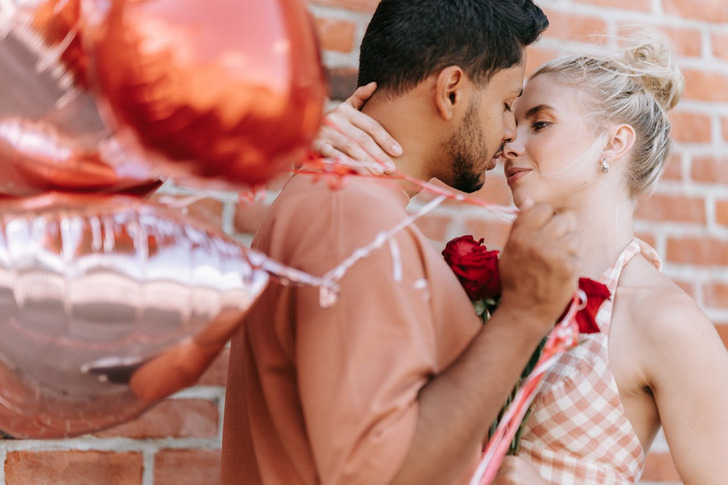
“If you frequently tell your partner ’I love you,’ I want you to stop,” Dillow declared, leaving viewers everywhere clutching their emotional support coffee mugs. But don’t worry—he’s not here to ruin your relationship. He’s just suggesting we all shake things up a bit.
Let’s face it: the first “I love you” in a relationship is a big deal. It’s a leap of faith, a moment straight out of a Nicholas Sparks novel. Will they say it back? Will they freeze? It’s a whole thing. But once the magic settles in, those three little words can go from heartfelt to habit, tossed around as casually as a “pass the salt.”
The psychology behind overusing “I love you”
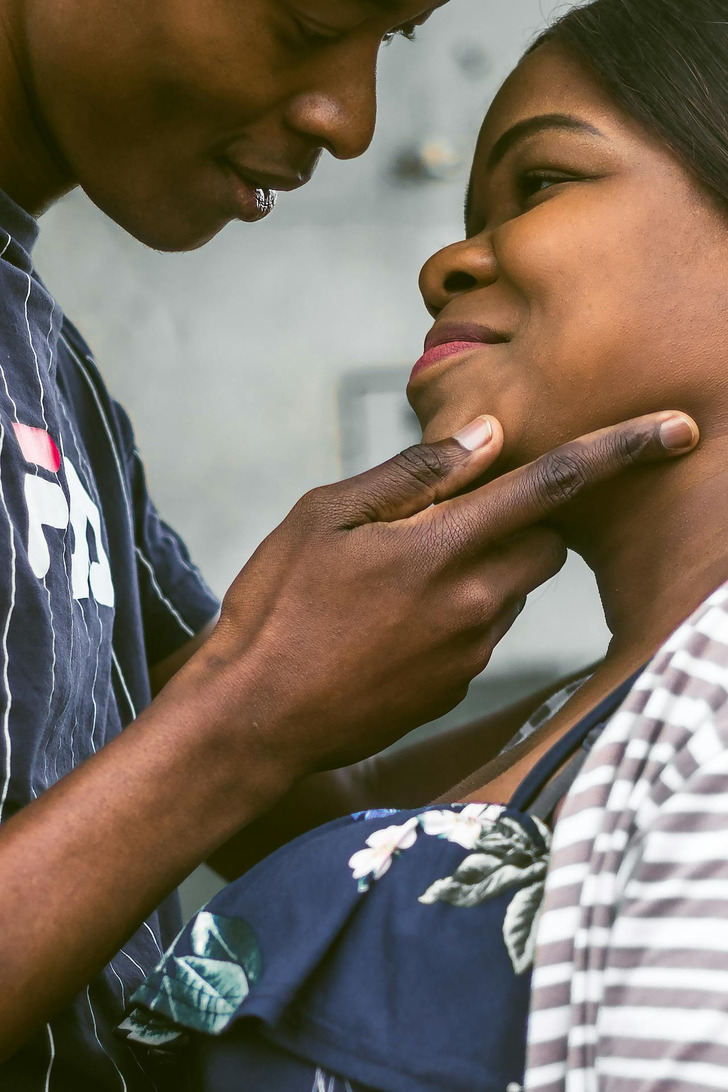
Dillow explains, “Yes, saying those words affirming your love to your partner, is a good thing. But if you say ’I love you’ every time you hang up the phone or see each other in the morning, it can start to become rote and meaningless.”
Ouch. Rote and meaningless? That stings. But Dillow isn’t just here to drop the mic and leave. He’s got alternatives—specific, heartfelt phrases that pack a real punch.
Creative and meaningful alternatives to expressing love

He suggests, “Instead of ’I love you,’ try one of the following: ’I’m looking forward to seeing you,’ ’I so enjoy doing life together,’ or ’I probably don’t tell you this enough, but you make my life better.’ Even hearing me say this, you can probably feel just how much more meaningful these very specific phrases are.”
His point? Sure, “I love you” is great, but tailoring your words to fit the moment shows you mean it. It’s like swapping out a store-bought card for a handwritten love letter—extra effort, extra feels.
Simple gestures that speak louder than words
Still, not everyone’s buying it. The TikTok comments section turned into a digital debate club, with folks chiming in like, “You never know when it’ll be the last time,” and “It’s about authenticity. If you mean it, it never gets old!” One person even declared, “If the person loves you, they never get tired of hearing the words.”
So, should we all start rationing our “I love yous” like they’re a rare commodity? Public opinion seems to say: not necessary. But hey, if you want to spice things up with Dillow’s phrases, go for it! At the end of the day, love is about connection—whether it’s through those iconic three words or a creative twist on them.
Now go forth, lovebirds, and express your affection however feels right for you. Just maybe think twice before yelling “I love you” at the Starbucks barista by mistake.
The science of physical touch in relationships
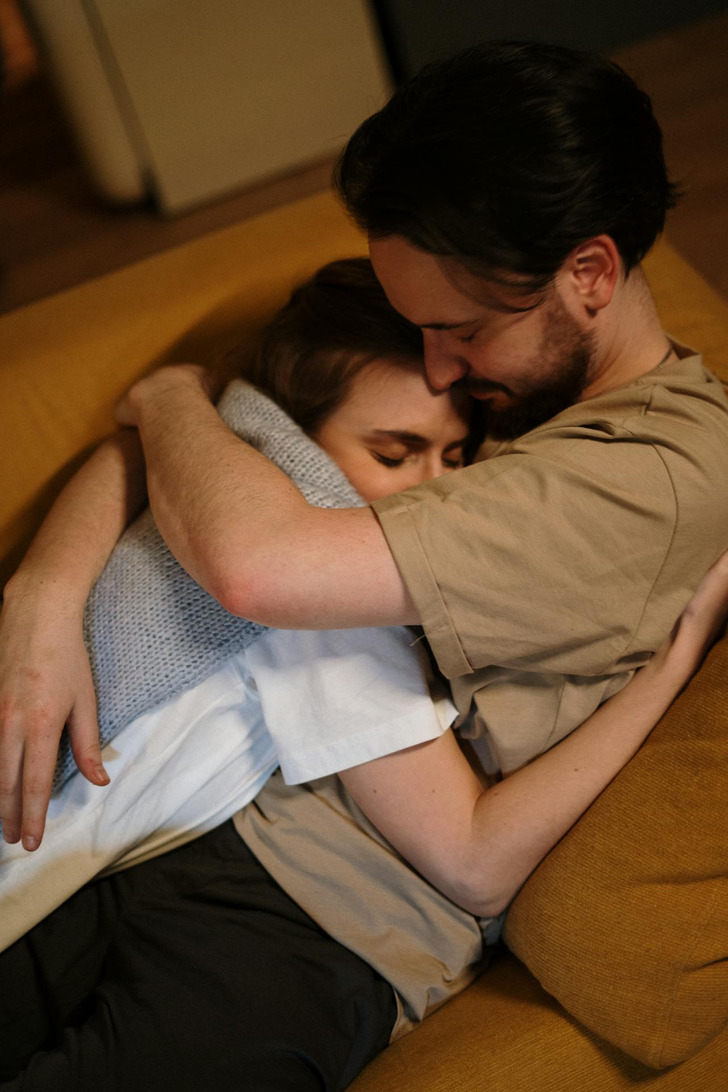
Speaking of intentional affection, let’s talk about physical touch. Research shows that showing affection through hugs, hand-holding, and cuddling isn’t just sweet—it’s vital for a healthy relationship.
A study from the Kinsey Institute revealed that physical touch plays a major role in strengthening emotional bonds between partners. Another study by psychologist James Coan at the University of Virginia found that holding your partner’s hand can reduce stress and create a sense of security. That’s right—a simple hug isn’t just comforting; it’s scientifically proven to boost your relationship communication and overall satisfaction.
Touch is a powerful way to say, “I’m here for you” without uttering a word. Whether it’s a spontaneous hug or a playful poke on the couch, these small gestures keep love alive and thriving.
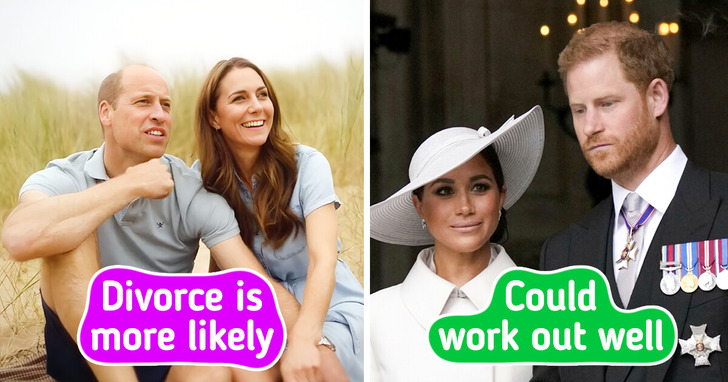
For example. It’s not often we see Kate and William holding hands at evening events or glitzy receptions. Meanwhile, Harry and Meghan are practically the poster couple for physical affection, always seen linking arms, holding hands, or sharing a little touch here and there.
According to psychologists and relationship experts, this habit of frequent physical connection might give Meghan and Harry a better shot at weathering family crises compared to the more reserved style of Kate and William. After all, a little hand-holding goes a long way in keeping the love alive!
What are some alternatives to saying “I love you”?

If “I love you” is starting to sound like white noise, it’s time to spice things up. There are countless meaningful ways to say “I love you” without using the same words.
Here are a few ideas. Be specific, show gratitude, and express anticipation. Instead of the generic phrase, try something like:
- I’m so thankful to have you in my life
- You make my days brighter
- I love how you always know how to make me laugh
- Thank you for being you
- I appreciate everything you do
- I can’t wait to see you later
- I’m looking forward to spending time with you
These alternatives to “I love you” are not only fresh but also tailored to specific moments, making them more impactful.
How can I show love without saying “I love you”?

Words are great, but actions often speak louder. If you’re wondering how to keep showing affection in a way that feels genuine, here are some tried-and-true methods:
- Acts of Service:
Make their coffee just the way they like it.
Surprise them by finishing that chore they’ve been dreading.
Why it works: Thoughtful actions show effort and care. - Physical Touch:
Give a spontaneous hug, kiss, or back rub.
Hold their hand during a walk or while watching TV.
Why it works: Touch fosters connection and reduces stress. - Quality Time:
Spend uninterrupted time together, whether it’s a date night or a cozy evening in.
Why it works: Shared experiences strengthen emotional intimacy. - Leave Notes:
Stick a sweet message on the bathroom mirror or in their lunch bag.
Why it works: It’s a small but meaningful way to brighten their day.
Be Their Cheerleader - Celebrate their achievements, big or small:
Why it works: Encouragement shows you’re their biggest fan.
These strategies offer a variety of ways to keep expressing love and showing your partner just how much they mean to you.
How do you keep affection alive without overusing “I love you”?

Maintaining affection in a relationship is all about balance. While saying “I love you” will always be meaningful, incorporating diverse relationship communication methods ensures your connection stays vibrant.
Research shows that couples who mix verbal affirmations with physical gestures and thoughtful actions report higher levels of satisfaction. In other words, it’s not just about what you say—it’s about how you show it.
So, whether it’s through meaningful phrases, spontaneous hugs, or little acts of kindness, the key is to keep things fresh and genuine. Your partner will feel appreciated, and you’ll both enjoy a stronger, more fulfilling relationship.
Finding alternatives to “I love you” isn’t about replacing the phrase—it’s about enhancing the way you express your feelings. By exploring new ways of showing affection, whether through words, touch, or thoughtful actions, you can keep your relationship dynamic and full of life.
Ready to up your affection game? Start by trying out some of these tips and see how they transform your connection. Because when it comes to love, the little things truly make the biggest impact.
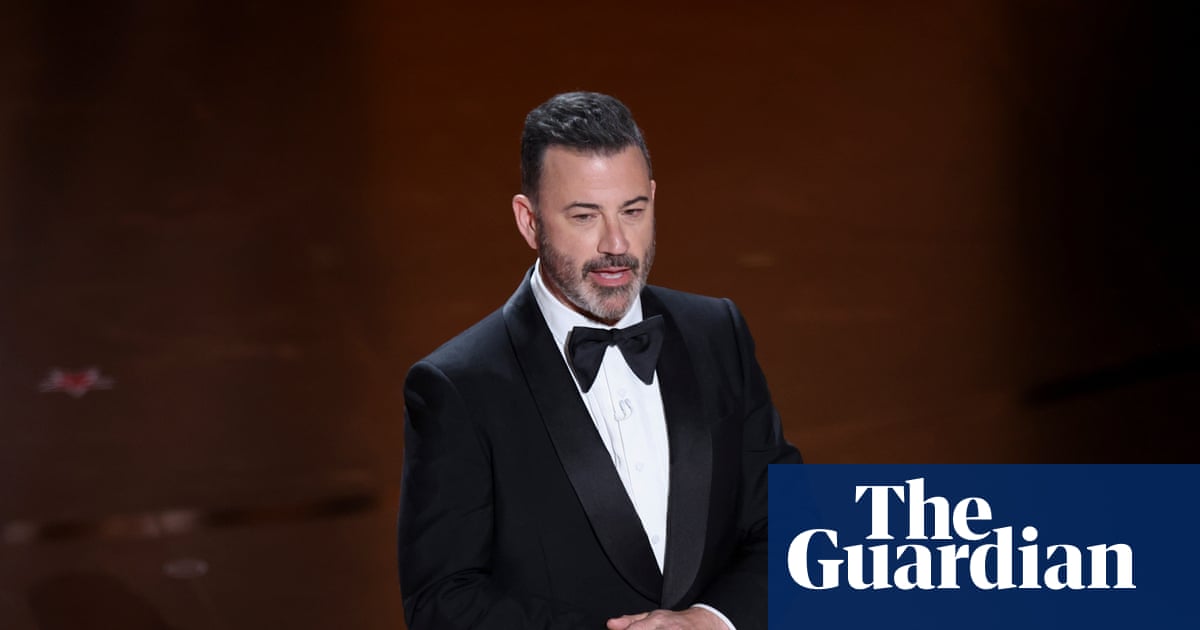




















:max_bytes(150000):strip_icc():focal(745x281:747x283)/lauren-cameron-hamilton-baby-ezra-tout-102025-afb34f5cf522416f90176c09209a1698.jpg?w=1200&resize=1200,0&ssl=1)




:max_bytes(150000):strip_icc():focal(754x379:756x381):format(webp)/chow-chow-bowling-green-subway-70ac9e829e20441a978d9f05a1085374.jpg?w=1200&resize=1200,0&ssl=1)
:max_bytes(150000):strip_icc():focal(725x300:727x302):format(webp)/Bridget-Garrison-dogs-tally-karma-01-021926-5f803803830d4771a5d48258b325f341.jpg?w=1200&resize=1200,0&ssl=1)


:max_bytes(150000):strip_icc():focal(749x0:751x2):format(webp)/Dog-missing-in-Colorados-mountains-for-43-days-reunited-with-owner-thanks-to-Summit-Lost-Pet-Rescue-022426-0ebb1d6502764f8eb20d846307727ad0.jpg?w=1200&resize=1200,0&ssl=1)
:max_bytes(150000):strip_icc():focal(743x471:745x473):format(webp)/Abandoned-Dog-at-Airport-022126-d755d65eb323443bade62469ed85c911.jpg?w=1200&resize=1200,0&ssl=1)
:max_bytes(150000):strip_icc():focal(749x0:751x2):format(webp)/rescued-dog-1-030226-b2d2c821a5d74691ba8edd4e8f76508d.jpg?w=1200&resize=1200,0&ssl=1)
:max_bytes(150000):strip_icc():focal(1211x776:1213x778):format(webp)/cats-rescued-22626-91b98a0bd7254a93a6bbf1a223dac5b0.jpg?w=1200&resize=1200,0&ssl=1)
:max_bytes(150000):strip_icc():focal(736x185:738x187):format(webp)/abandoned-puppies-01-021126-de716b3fef81415bb0669b390e8abddd.jpg?w=1200&resize=1200,0&ssl=1)
:max_bytes(150000):strip_icc():focal(749x0:751x2)/Irish-setter-gives-birth-to-record-17-puppies-030326-43c2927d84ed4a59880b16c2c8fdd530.jpg?w=1200&resize=1200,0&ssl=1)





:max_bytes(150000):strip_icc():focal(899x646:901x648)/Tatiana-Schlossberg-Jack-Schlossberg-030126-02-ffbc8841a935444d9a68bdeab3cfe504.jpg?w=1200&resize=1200,0&ssl=1)
